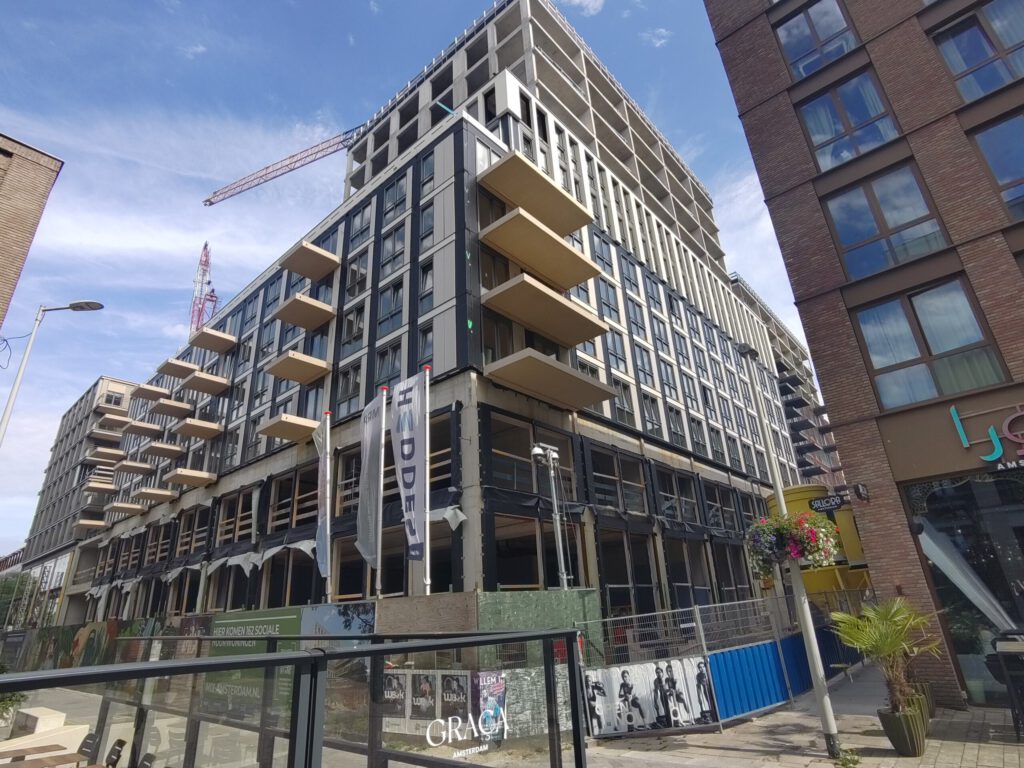The current subsidy policy is in two minds, with an output subsidy system introduced in 2016, for which there is no legal basis. The input-based 1990 subsidy ordinance is still in force. Requirements set for the application and justification of grants are sometimes unrealistic and superfluous. This situation leads to shortcomings and bottlenecks in the implementation of the subsidy policy. There are shortcomings in the legitimacy of subsidies, failure to meet the requirements has no consequences for the granting of subsidies, and little attention is paid to efficiency. Granting subsidies has become, as it were, an automatic process.
EBA makes proposals for an efficient subsidy system with a better separation between policy and implementation, explicit policy consideration and evaluation, multi-annual subsidies, and realistic requirements for application and accountability. Concrete step-by-step plans have been developed for all these aspects and proposals have been made that are tailored to Aruban practice.
It is also recommended that existing initiatives in the sector of subsidized institutions to achieve consolidation, increase in scale and professionalization are stimulated and facilitated by the government. This will counteract the existing fragmentation in the subsidy landscape. Finally, it is concluded that a successful subsidy system cannot only consist of rules and procedures imposed by the government. The sector of subsidized institutions also has its own responsibility when it comes to proper spending of public funds, transparency, accountability and good governance. The sector recognizes the importance of coming up with its own rules and standards in the field of good governance, publication of annual accounts and reports, standards, certification or a quality mark.
In order to achieve successful implementation, existing subsidy relationships with institutions must first be reassessed and the subsidies already paid out must be provided with a final settlement. The new subsidy system can then start with a clean slate. It is also essential that the subsidized institutions and policy directorates are closely involved in the implementation process.



